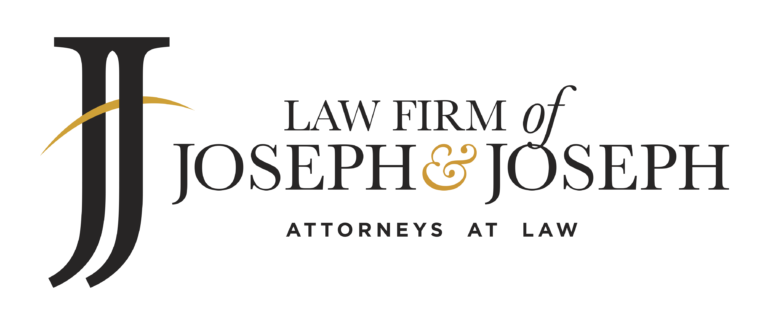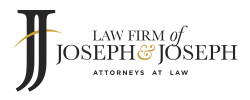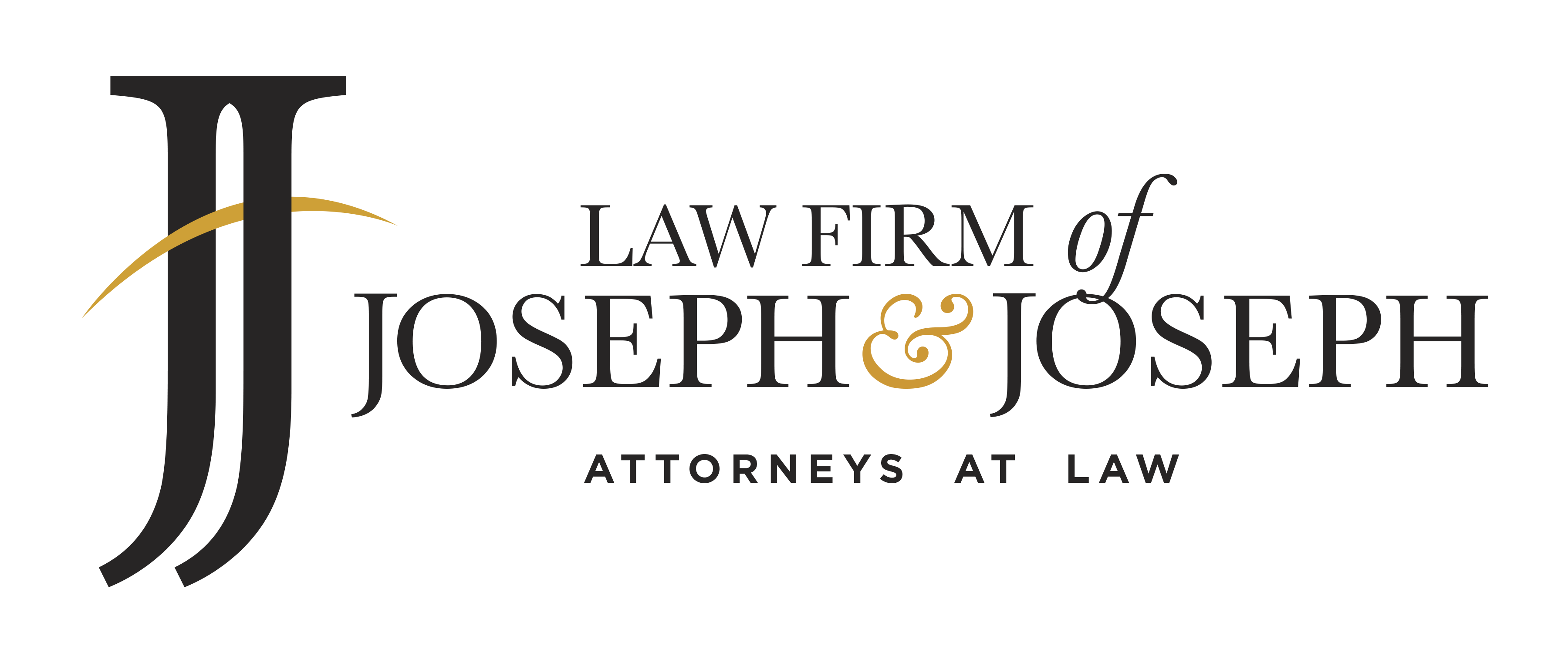By
Sir Lawrence A. Joseph
In any constitution review process, critics will always surface. Some will be genuine and many will not be. Some will even scrape the bottom of the barrel to find a reason to justify their criticisms. In the present Grenada situation one even suggested “with a straight face” on TV in perfect English “Cabinet should step aside and rubber stamp the recommendations (from the Review Committee)”: the epitome of a Westminster absurdity. Despite the critics, the Committee successfully brought the process to the stage where the road to referendum lies straight ahead. In fact it did so in a transparent and democratic manner and its recommendations are highly credible.
There was transparency because all fourteen members of the Committee representing various organizations began the process of constitution review “with their eyes wide open”. The rules of engagement were discussed from the beginning and everyone ought to have understood that the mandate of the Committee was firstly, to continue the consultative process of Constitution Review leading ultimately to a Referendum on the Grenada Constitution; secondly, to provide oversight to the process so as to ensure that it is transparent, credible and consensual; and thirdly, to advise Government on its findings. All members of the Committee agreed that the findings of the Committee would be consequential upon the democratic process where the views of the majority would prevail. The rules of engagement were therefore clearly outlined and agreed to by the majority. It was most surprising therefore that after certain findings were agreed to and signed off by the majority that certain persons on the same Committee still raised issues with the process.
There were criticisms coming from Miss Sandra Ferguson who seemed to have totally missed the point that the official decisions of the Committee would be those of the majority despite her own publicly expressed apprehensions. She represented the Inter Agency Grouping of Development Organizations. Mr J.K. Roberts who sometimes substituted for Miss Ferguson on the Committee made valuable contributions yet through his articles urged the electorate to vote “No” to the referendum!
Outside of the Committee, there was my former GBSS English literature student, known as Citizen John Rullow. Citizen Rullow had his own views as to how the constitution review process should have been undertaken. In fact Citizen Rullow is the quintessential guru of English language articulation. He clearly outlined his proposition that there should be the establishment of Constituent Assemblies all over the state as a form of Plebiscite and that ultimately decisions as to the type of constitution to be enacted for Grenada should come out of that process. In my opinion whilst that proposition sounds politically correct, it seems rather cumbersome and impractical as it calls for mini-referenda before the main referendum is held.
Certainly some of the criticisms may be worthy of note, however for me the one that “took the cake” was the one coming from the main opposition party. Their stance on the review process perfectly exemplifies how to approbate and abrogate in almost the same breath. The doctrine of estoppel was clearly circumvented as the party participated on the Committee for well over a year. Moreover, the Committee’s Original Report of 9th July 2014 and a Further Report of 22nd November 2014 were signed off without any reservations on behalf of the party on separate occasions by Mr. Tillman Thomas and Mr. Vincent Roberts respectively.
In fact the Further Report came about because the main opposition party had expressed the view that more items should have been included in the Original Report to government. As a consequence, in addition to other consultations, a grand National Consultation involving over a thousand participants was held at the Grenada Trade Centre on 15th October 2014. The Further Report included some new items which were voted for by the majority on the Committee. Notwithstanding this, the party “picked up their marbles” and adopted an “I’m not playing with you” attitude because it felt that even more items should have been included in the Recommendations.
As a consequence of the party’s action, government is likely to lose substantial funding support for the reform process from the United Nations Development Programme. This institution would be very wary of giving funding where it appears that government and opposition are not united on the process. Government therefore may well have to “bite the bullet” and provide its own funding in excess of $1.5 M for public education and for the holding of the referendum. Notwithstanding, Grenada has already come a long way with the constitution review process. Six relevant Bills were given their First Reading in Parliament on 4th December 2015 and are scheduled to be fully processed and submitted for Referendum targeted for 26th April 2016. The road ahead is clear. Grenada cannot afford to turn back now.



